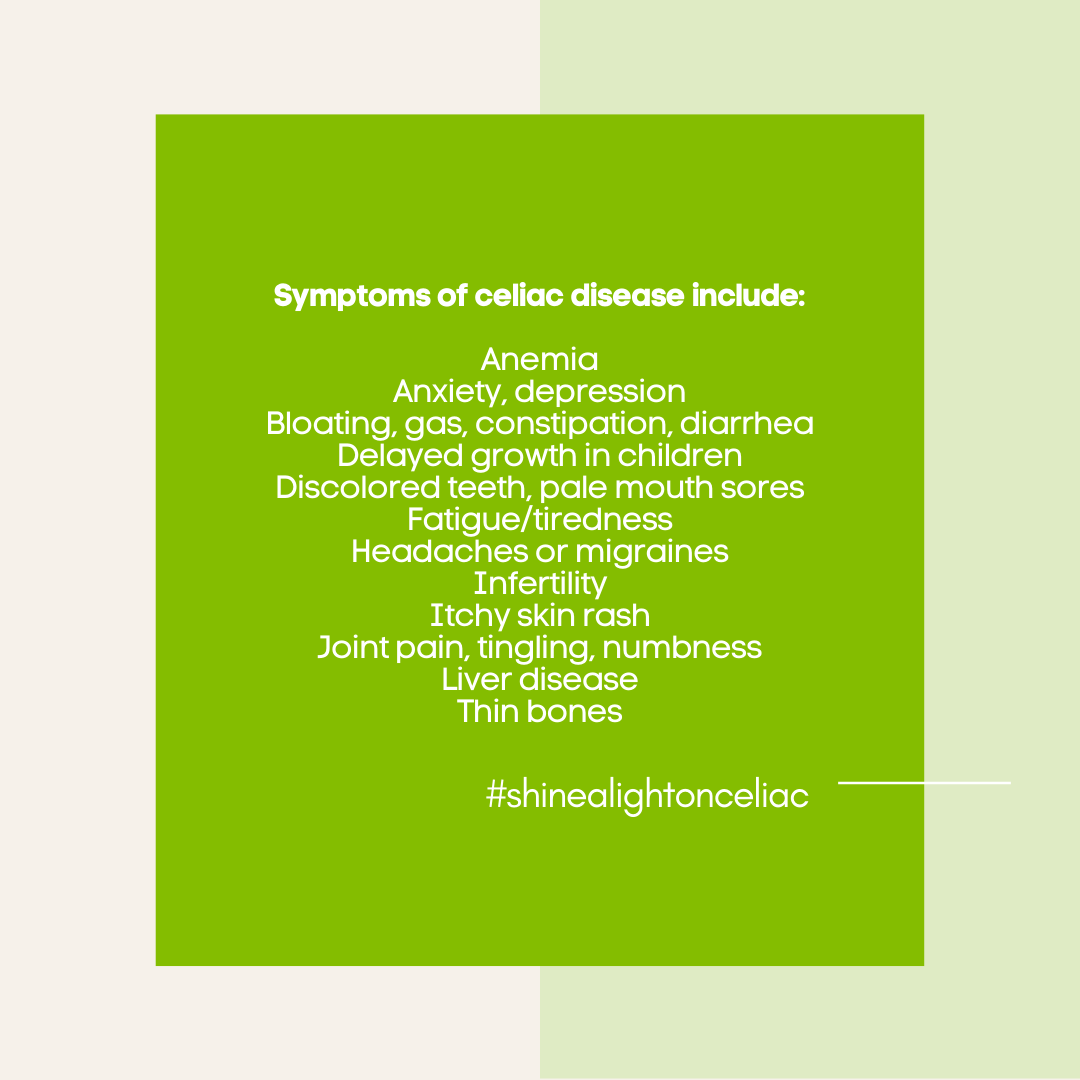Organizations supporting celiacs have come together to run an awareness campaign aimed at highlighting the realities of the disease—they want to show that celiac disease is not pretend, and that anyone claiming to suffer from the illness is not faking it. The campaign hopes to #ShineALight on celiac disease.
But are people really faking it? Do people really think it’s all pretend?
Going gluten free: A growing trend
Well, the gluten free diet has grown to become pretty trendy in some places, and as a result food manufacturers and restaurants are working to provide accommodations to people who may want to eat gluten free but may not have celiac disease.
READ // Gluten and the gluten-free diet
Cross contamination plays a big role (even the smallest crumb of gluten can set a celiac off), and some foods that are advertised as gluten free—whether at the grocery store or at a restaurant—may not be appropriate for people with celiac disease.
Getting Diagnosed: Symptoms
One of the tricky things about celiac disease, is that the symptoms are so wide ranging; they are specific, yet common enough that they can be associated with any number of issues, relating to physical and mental health. For some, the symptoms are focused on the gut (diarrhea, bloating, even constipation). Or, it may look like low energy and fatigue, feeling run down. For others, symptoms come in the form of anxiety or depression. And let’s face it, perhaps it’s a cocktail of all of these symptoms, that can make it difficult to diagnose.

Often the advice given is this: if you or someone you know is suffering, and you suspect that gluten is the culprit, speak to a healthcare provider about getting tested.
Unfortunately, It’s more complicated that that.
Access to safe and affordable healthcare
Not everyone has the same access to healthcare. Even when able to speak to a healthcare provider, there are power dynamics at play: understandably, some people may not feel comfortable sharing their symptoms with a medical professional; even when they are able to discuss how they have been feeling, they may not be believed.
According to the Canadian Celiac Association, it can take up to 9.6 years for a someone suffering with symptoms to get a diagnosis.
In the context of Canada, because many Canadians go without regular access to the same doctor, a doctor’s shortage appears to be a major challenge to the healthcare system. However, Golden and Mitchell (2019), out of the University of Toronto, doubt that “more doctors” will improve access. Instead, they argue that recourse allocation is the big issue: specifically, location, skills, and service coordination (Golden and Mitchell, 2019).
And yet, access to safe and affordable healthcare is about more than resource allocation. It is also connected to class, gender, age, and ethnicity, and also to citizenship.
The crunch
Remember that celiac disease is also social: it impacts social wellbeing, and it can be isolating, confusing, scary and stressful to navigate—even when a supportive network of family and friends in place.
If you, or someone you know, may be suffering but is not be able or comfortable to discuss or access safe and affordable healthcare, here are some free online educational resources that may offer some help.
READ // Resources to help navigate the gluten-free diet
Good luck out there, and happy Celiac (Coeliac) Awareness Month!

